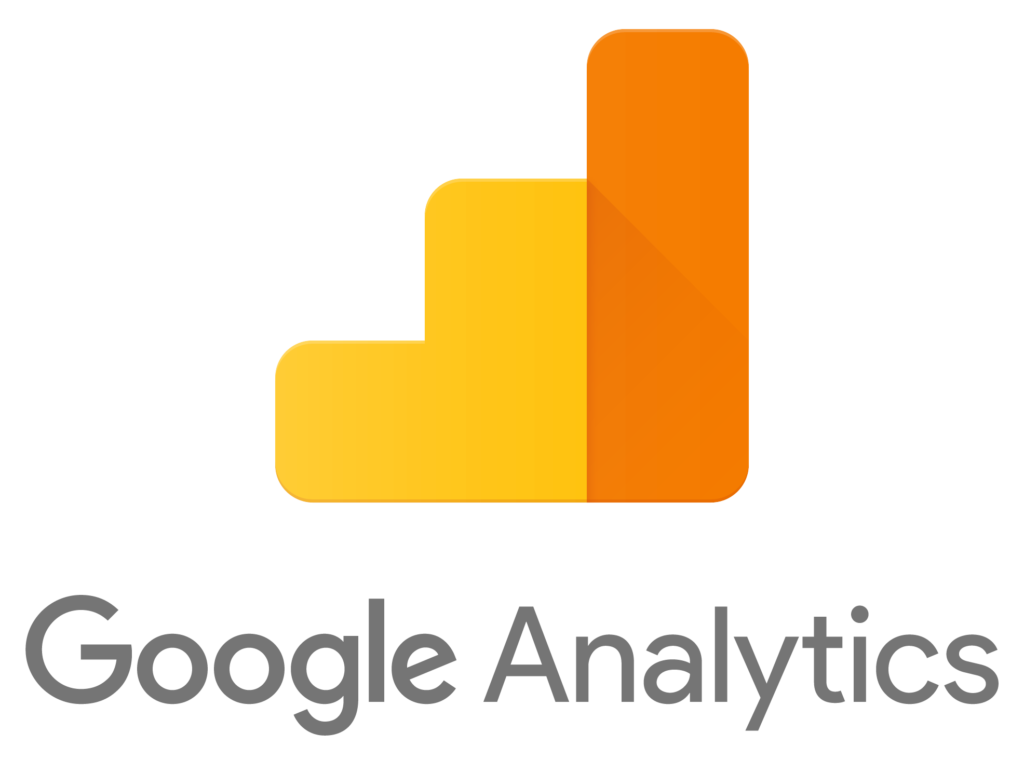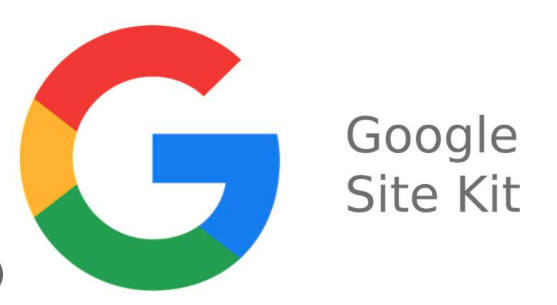Building My Music Blog: The Journey Behind New Music Review
Back in the lockdown days of COVID, I started writing a few music reviews just for fun. That small spark grew into something bigger — I built my own music blog, NewMusicReview.co.uk. From designing the site to running Reddit feeds and social media, I dived into everything that makes a music blog tick.
In this short series of articles, I’ll walk you through how I built it, what’s working (and what’s not), and what I’ve learned along the way. If you’ve ever thought about starting your own music blog, this might just give you a nudge — because while there’s not much money in it, it’s a whole lot of fun.
What do we do..
Each blog post contains artist images, some Bio information, latest track release and a short review of the track. Links to their YouTube , streaming platforms and Social media ar also included to allow readers to go straight to the artists pages.
Building My Blog (Part 3): Learning from Analytics
Meta Description (SEO):
Discover how I use Google Analytics, Google Site Kit, Rank Math, and Microsoft Clarity to track traffic, understand audience behavior, and grow my music review blog newmusicreview.co.uk.
Why Analytics Matter for a Blog
When you run a blog, analytics give you the clues behind the scenes. They show you:
- Where your traffic is coming from
- Which posts perform well (and which don’t)
- The age groups and locations of your readers
- The best times to publish
- Where readers drop off or lose interest
All this helps you create smarter content, improve your site, and learn what your audience actually wants.
Getting Started with Google Analytics
The main tool I use is Google Analytics. Setting it up can feel a bit clunky at first, but a quick search will get you sorted. Once installed, it tracks things like:
- Total visits to your site
- Geography of your audience
- Age group and gender breakdown
- Which pages/posts are most popular
In my case, analytics showed that music reviews tend to attract a male-heavy audience. That might not be the case for everyone, but it’s an interesting insight into who’s reading.
SEO Tools and Analytics Work Together
In Part 2, I talked about using Rank Math for SEO. Tools like this naturally lead you into analytics because they connect keyword performance with actual user behavior.
I don’t check my data daily—once a week is enough. But when I post an article, share a YouTube short, or feature a popular artist, there’s an immediate spike in traffic. That tells me what’s working.
That said, my blog is a mix of content—artist interviews, indie label chats, gear and effects reviews, conversations with producers and promoters. Algorithms prefer niche, specific content, but I like variety, so I just publish what interests me and let the numbers tell me the rest.
Extra Tools I Use Alongside Google Analytics
1. Google Site Kit (WordPress Plugin)
This plugin integrates directly into your site’s backend. It gives you quick, easy-to-read graphs for the last 3, 7, or 30 days, up to 12 months. Think of it as a dashboard version of Google Analytics.
2. Microsoft Clarity
This free plugin is a game-changer. It lets you watch recordings of user sessions (anonymous, of course). You can see:
- Cursor movements
- What visitors click on
- How they navigate your site
It’s incredibly useful for spotting whether your site is easy to use—or if visitors get stuck.
My Current Setup
To summarise, here’s what I run on newmusicreview.co.uk:
- Rank Math → SEO guidance and keyword insights
- Google Analytics → In-depth traffic and audience data
- Google Site Kit → Quick-glance dashboard inside WordPress
- Microsoft Clarity → Real-time session recordings and user behavior
These tools together give me a solid understanding of what’s happening on my blog without getting too technical.
What’s Next?
In Part 4, I’ll share how I use social media and other platforms to promote my content and drive more traffic to the blog. After that, I’ll dive into where I actually discover the artists I feature.
If you’re thinking of starting your own blog—music-related or otherwise—drop me a message. I’d love to chat and share ideas.



